Hers was a beautiful and distinctive voice that defined a particular era of alt-rock ‘n’ roll in the late ’80s to mid-’90s. While the landscape was populated with boy and girl bands, and rap and hip-hop artists, Sinéad O’Connor bridged the power of rock vocals with the counter-culture and rebellion of punk.
O’Connor also cut a swath in terms of appearance, eschewing the glitz, glam, and the ersatz hippie vibe of most of her female contemporaries for a bare bones and pared-down appearance that allowed the storytelling magic of her voice to interpret the song for her audience, and not just her looks or her moves. O’Connor’s own painful and sometimes controversial road into stardom helped blaze a trail for other young artists who did not necessarily fit into the pre-prescribed molds of the music industry.
At an age where one still has life to look forward to, her untimely death has caused a generation’s voice to go silent. Sinéad O’Connor has passed away at the age of 56. Her family gave a short, but pointed statement, with no details on the possible cause of her death.
“It is with great sadness that we announce the passing of our beloved Sinéad. Her family and friends are devastated and have requested privacy at this very difficult time.”
In 2022, O’Connor lost her 17-year-old son Shane to suicide. Tweets and reports alluded to her desire to join him in death.
Sinéad Marie Bernadette O’Connor was born on December 8, 1966 in Dublin, Ireland. O’Connor’s parents divorced when she was eight, and she claimed that she was physically abused by her mother. Throughout her career, O’Connor was a staunch advocate for abused and mistreated children.
In 1979, the then-15-year-old O’Connor had been placed in a Magdalene Asylum for shoplifting and truancy issues. In the 18 months she was confined, a nun gave her her first guitar, and she started to develop her songwriting and singing abilities. She was reportedly discovered by the drummer of popular Irish band Tua Nua, when O’Connor helped co-write their song, “Take My Hand.”
In 1985, while performing in a band called Ton Ton Macoute, O’Connor left Ireland and moved to London to pursue a solo career. She was signed to Ensign Records, and began her rise to fame with her debut album, The Lion and the Cobra. Only 20, O’Connor had an affair with her Lion session drummer John Reynolds, and they produced her first son named Jake. The couple married in 1987.
Lion reached gold record status and earned O’Connor a Grammy nomination for Best Rock Vocal Performance in the Female category. But it was the release of her second album in 1990, I Do Not Want What I Haven’t Got, where O’Connor established her voice and her signature look—namely, her trademark shaved head.
The acclaimed Dublin performer released 10 studio albums, while her song Nothing Compares 2 U was named the number one world single in 1990 by the Billboard Music Awards.
Her version of the ballad, written by musician Prince, topped the charts around the globe and earned her three Grammy nominations.
The accompanying music video, directed by English filmmaker John Maybury, consisted mostly of a close-up of O’Connor’s face as she sung the lyrics and became as famous as her recording of the song.
In 1991, O’Connor was named artist of the year by Rolling Stone magazine on the back of the song’s success, and was nominated for four Grammys, including Record of the Year for “Nothing Compares 2 U.” O’Connor won the Grammy for Best Alternative Artist, but chose to boycott the ceremony, saying that she did not want “to be part of a world that measures artistic ability by material success.”
The seminal moment in O’Connor’s career came in 1992, when O’Connor appeared as the musical guest on Saturday Night Live. After performing a cover of Bob Marley’s “War,” O’Connor ripped apart a photograph of Pope John Paul II as an act of protest against sexual abuse in the Catholic Church. O’Connor said about the protest:
I’m not sorry I did it. It was brilliant.
But it was very traumatising, It was open season on treating me like a crazy b**ch.
In 2007, O’Connor appeared on Oprah and told Winfrey that she had been diagnosed with bipolar disorder four years prior, and before that she had struggled with thoughts of suicide and overwhelming fear. O’Connor expressed support for other young, female performers who were facing public scrutiny and backlash over their mental health and subsequent behaviors, like Miley Cyrus and Britney Spears.
In 2018, O’Connor did a Cat Stevens and converted to Islam, changing her name to Shuhada Sadaqat. Like Yusuf Islam kept “Cat Stevens,” O’Connor maintained “Sinéad O’Connor” as her stage name. In 2021, O’Connor released a memoir called Rememberings, and participated in a documentary film about her life and career, directed by Kathryn Ferguson.
The award-winning doc Nothing Compares will broadcast exclusively on Sky Documentaries & @NOW from 29th July.
The critically acclaimed doc directed by Belfast-born filmmaker @Kath_Ferguson charts Sinéad O’Connor’s phenomenal rise to worldwide fame. https://t.co/Sx4NnmcwsE pic.twitter.com/ODHInzod1r
— Northern Ireland Screen (@NIScreen) July 24, 2023
In a 2022 interview with Carson Daly to discuss her recent memoir, in their discussion of her ripping Pope John Paul II’s picture, O’Connor said she actually did it in protest against her mother. “It was a way of ripping her up as well too, I guess,” she told Daly.
In 2023, at the RTÉ Choice Music Awards, O’Connor was presented with the inaugural award for Classic Irish Album for I Do Not Want What I Haven’t Got. She received a standing ovation, and O’Connor dedicated the award to “each and every member of Ireland’s refugee community. You’re very welcome in Ireland. I love you very much and I wish you happiness,” she said.
O’Connor is survived by her three remaining children.
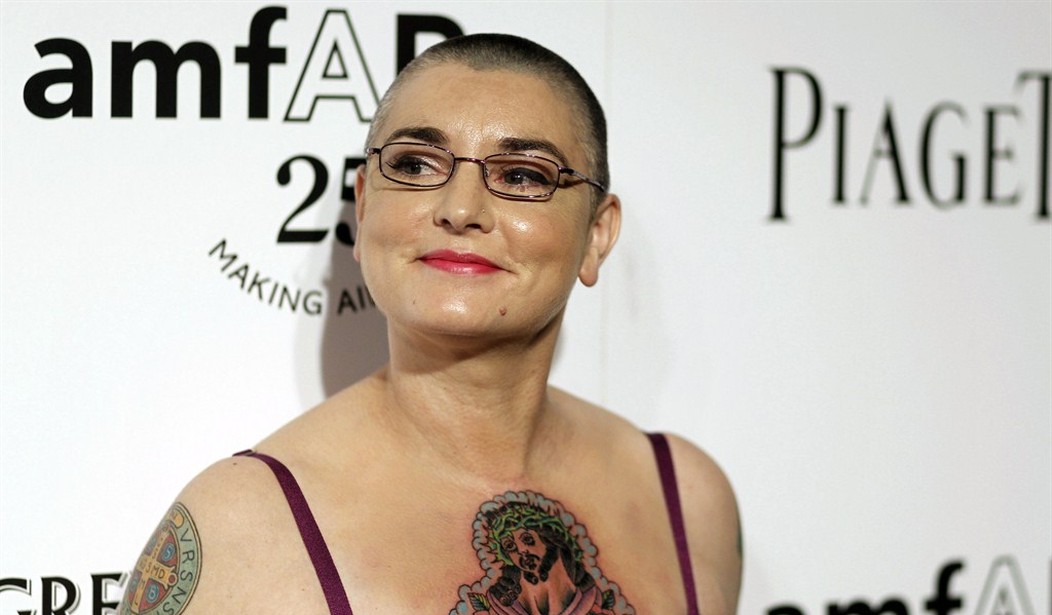



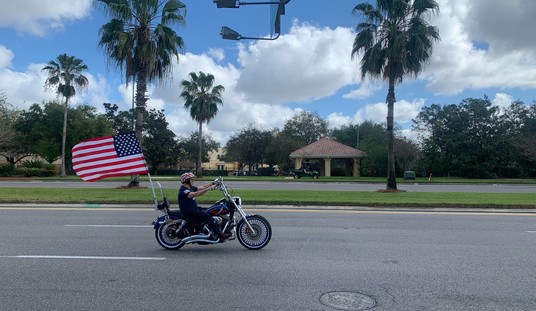
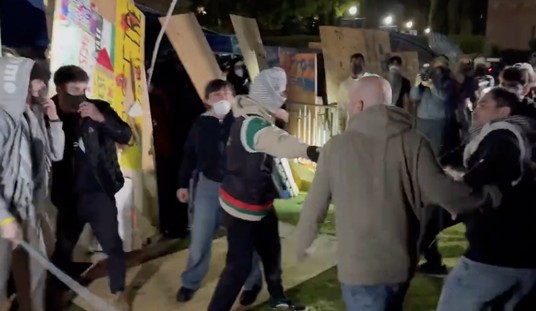


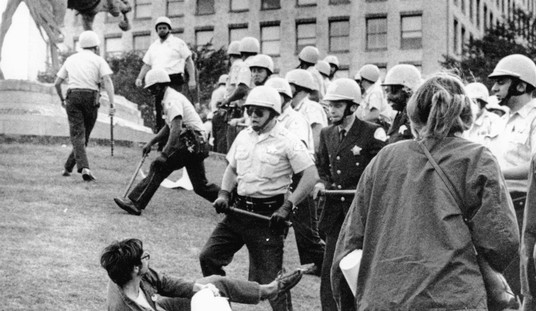




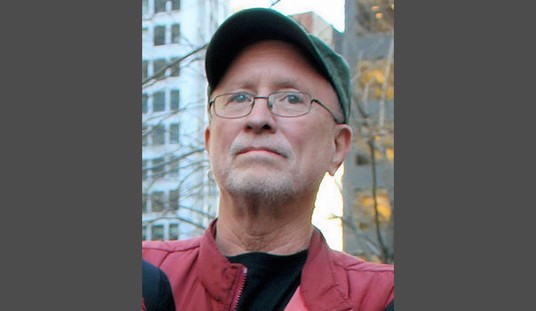

Join the conversation as a VIP Member